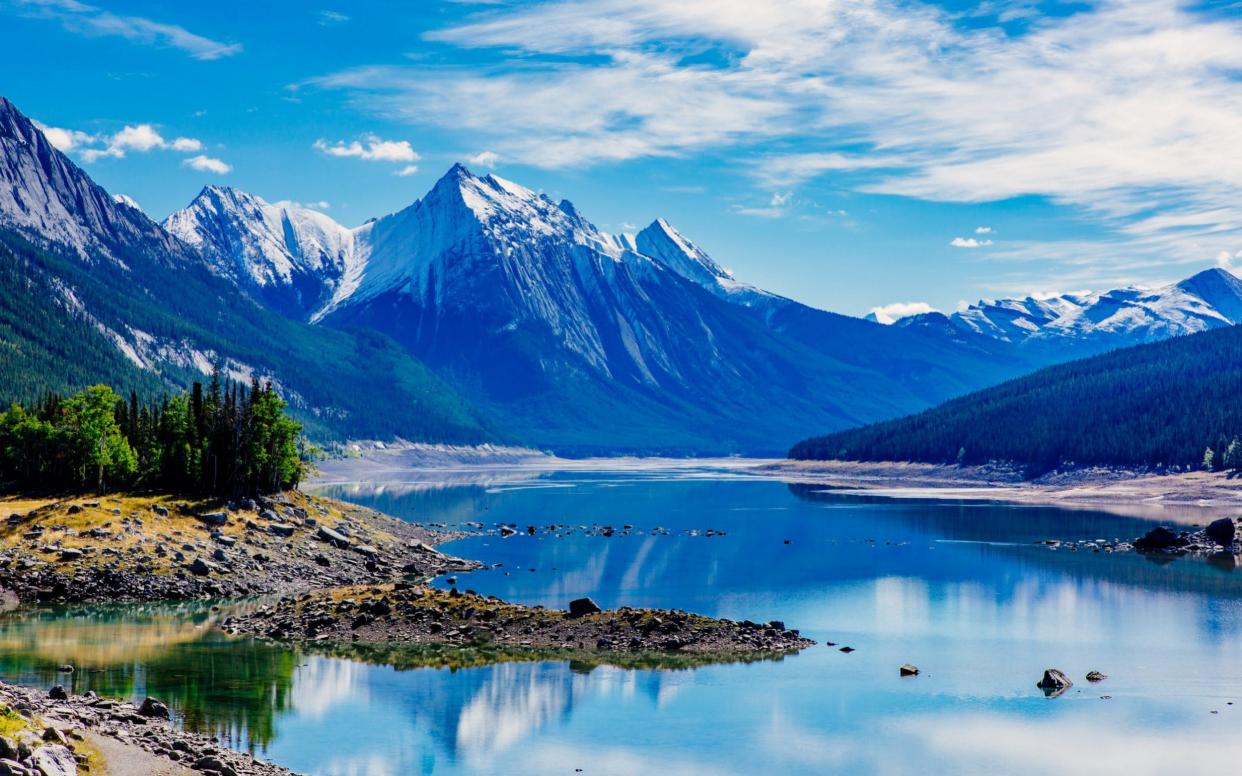Lakes are a climate change 'ticking time bomb', warn scientists

Freshwater lakes have been identified as a potential “ticking time bomb” amid fears greenhouse gases contained in the water could double as a result of climate change, scientists have warned.
A University of Cambridge study found that after adding to the amount of plant matter in the water, a consequence of warmer temperatures, the amount of methane and carbon dioxide increases by an average of 1.5 to 2.7 times.
The findings, published today in the Proceedings of the National Academy of Sciences of the United States of America (PNAS), simulated the effects of climate change on freshwater lakes in Ontario in Canada.
Dr Andrew J Tanentzap, Head of Ecosystems and Global Change at the University of Cambridge said that this study demonstrated the “ticking time bomb” of delicate ecosystems found in freshwater lakes.
“There is this incredibly diverse and invisible chemical world in the environment,” he said.
“It’s all under the water, we don’t see it.
“It has only started to be appreciated in the last few years that organic matter, the dead remains of plants and animals is in fact thousands of different chemical compounds.
“This super-diverse soup is incredibly important in influencing things that we can about, like the environment.
“This increase in temperature because of climate change, which changes the vegetation around lakes, this could really boost the carbon emissions from lakes.
“There’s a potential here that it has been overlooked. Part of tackling climate change is the basic understanding of how things work.”
One of the effects of rising global temperatures around lakes would mean that longer growing periods and milder winters for vegetation would result in more plant matter in lakes.
This in turn results in greater diversity as the plants decompose and are digested by microbes in the water, releasing more carbon dioxide and methane into the lakes as part of the process.
The study used next generation DNA sequencing in order to analyse the microbes present in the water and found a greater level of diversity in chemicals and organic molecules than previously thought.
"Climate change will increase forest cover and change species composition, resulting in a greater variety of leaves and plant litter falling into waterways. We found that the resulting increase in the diversity of organic molecules in the water leads to higher greenhouse gas concentrations," said Dr Tanentzap.
"Understanding these connections means we could look at ways to reduce carbon emissions in the future, for example by changing land management practices."
Despite this, global estimates of methane and carbon dioxide emissions from fresh water are still uncertain.
Current estimates say that between 8-73 million tonnes of methane, a key contributor to global warming, are emitted by freshwater ecosystems on earth.
Other scientists stressed the need for further research into the area so we can combat climate change more effectively.
Prof David Reay, Professor of Carbon Management, University of Edinburgh, said: “There's an ongoing question about how much methane lakes, rivers and reservoirs actually emit globally, and we need more direct measurements to improve our estimates.
“This new study reveals an interesting element of that - through the interaction with the types of organic matter on the water - but it certainly does not provide a robust new estimate for global methane emissions from all lakes.”

 Yahoo News
Yahoo News 
